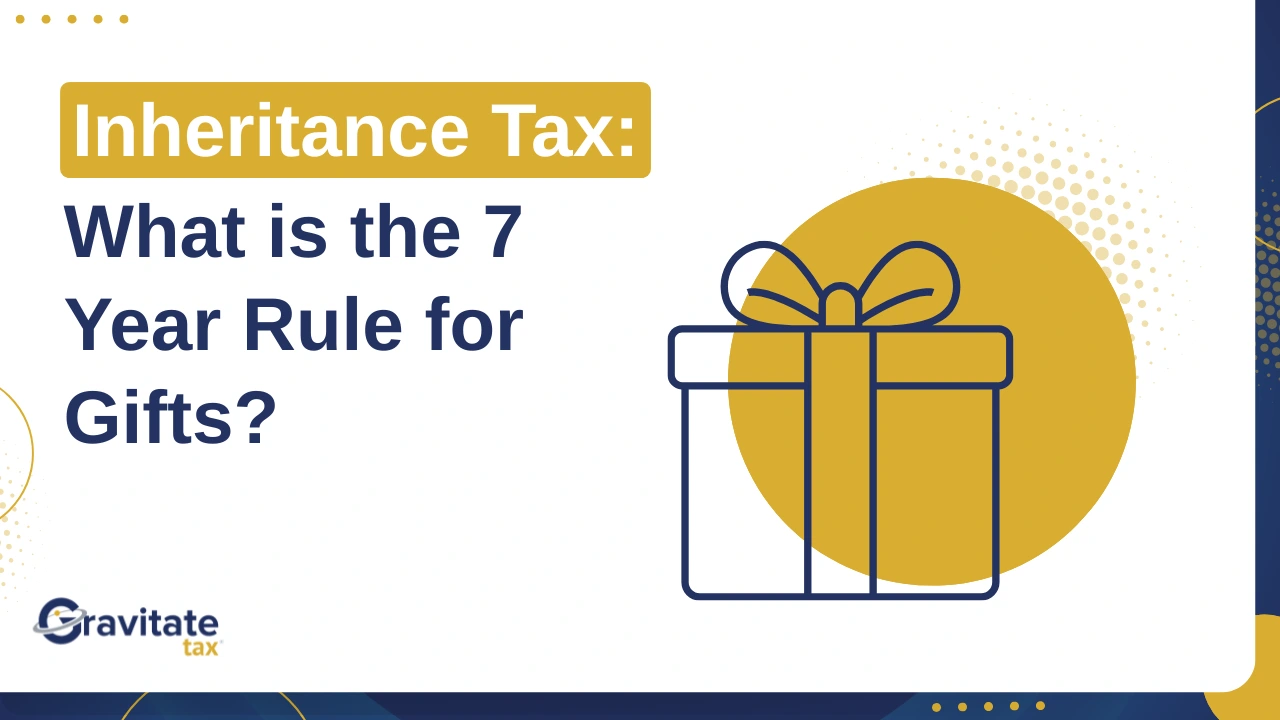Despite a slight tail off, 2023 remained a positive year for M&A activity, particularly in the SME space. Average valuation multiples have declined slightly year on year, but factors such as size of transaction and sector can distort the ‘average’ hugely. This is not what we are necessarily seeing in the SME space.
Here are our thoughts on the outlook for the rest of 2024 in the M&A market.
Change of Government?
Whilst nobody can give guarantees, it seems there is a general consensus that there will be a change of government at the back end of2024 or early 2024. This will inevitably cause a serge in activity as business owners contemplate what that change of government will mean in terms of potential CGT rate changes.
Sector Summary
We foresee sectors such as construction and retail will continue to struggle to obtain high valuations, mainly to due the lack of lending availability in the market for those sectors. Tech and Saas based businesses will likely continue to attract high valuation multiples as most will be backed by large private equity institutions with capital to utilise. In the SME space, good businesses will continue to be good businesses, so being able to demonstrate this will be essential in ensuring valuation multiples remain favourable.
Are interest rates affecting valuations and deal structure?
In summary yes, cost of borrowing is the highest it has been for over decade and this will inevitably effect the amount a buyer will be able to borrow, as well as an increased cost of that borrowing, both of which will likely impact valuations, particularly day 1 cash.
Earn outs becoming more popular?
To bridge the gap in valuations we anticipate earn outs and profit targets will likely be more popular going forward. Sellers should be made aware of the risks involved in earn outs, but good vendor due diligence and transaction readiness could avoid these types of deal structures. Earn outs generally cause delay on transactions due to HMRC clearance processes and they also cost more to implement, but if understood and correct protections are put in place, they can work well.
What is key is that business owners need an advisor to steer them through these hurdles and prepare them for what the rest of 2024 holds. Here at Gravitate we focus on high automation of our internal processes to ensure our time, and your cost is spent on actual advice. Click here to book your free consultation today!

.png)


.png)

.png)
.png)

.png)
.png)
.png)













.png)
.png)
.png)

.png)
.png)

.png)



.webp)
.webp)












.jpg)

.webp)
.png)

.svg)
